Notes from the conference:
The conference was introduced by Prof. Patrick Gougeon who took the opportunity to present the Energy Management Centre (EMC) and the Master in Energy Management (EMEM) at ESCP London. The rationale for the London campus to centre its activities on the energy field, he said, is that the UK is a very dynamic, open, competitive environment for energy companies. London also represents an easy access for other ESCP campuses and a central location for experts from all over the world.
1. Shortfalls in Environmental Risk Management
Energy companies have worked hard to put risk management organisations in place; as such, safety records have improved. Despite this, the facts often remain disappointing and show frequent transgressions of safety rules and procedures, excessive risk taking or improper management of downgraded situations. Looking at the many ambitious - some would say hazardous - energy projects under consideration, one would expect further efforts. Are the current best practices of risk management good enough? What more needs to be done?
Prof. Patrick Gougeon talked more specifically about the reasons why companies are often poor at managing environmental risks. He finally took the case of BP's Deepwater Horizon oil leak illustrating how it has exposed the end of the 'easy oil' era and the consequences of the new technology 'frontier'.
2. Development of Disclosure of Risk Factors for Public Energy Companies
Antonios Backos presented the results of his analysis of the compulsory 'Risk Factors' section in company annual reports filed in the US. He studied those of Exxon, DTE, Conoco Phillips, Chevron, Shell and BP comparing reports from 2009 (published in 2010 and pre-the Deep Water Horizon disaster) to 2011.
His conclusion is that:
- Companies have become more sensitive (from a disclosure perspective) to environmental risk than ever before.
- Companies fully admit that environmental regulation may adversely impact their bottom lines.
- Historically, companies oftentimes stated that future regulatory requirements were unknown. Now these generic statements are being revised to provide readers with more specific examples, indicating that companies may now appreciate the impact of regulations more than in the past.
- He acknowledged the lack of adequate insurance coverage, now becoming a risk factor.
The case of BP was again mentioned. In fact, its annual reports showed the most dramatic change from barely a heading in 2009 to a long detailed list, outlining many risks, including that oil spills might affect its value, reputation, long-term ratings and consume management time. In 2011 BP added some refinements - gross negligence in addition to negligence settlements, license to operate and the limited capacity of insurance markets.
3. Environmental Liability: Legal Risks
Offshore oil and gas are especially risky. In the last 30 years, there have been 10 major offshore disasters plus many lesser ones and near misses for the environment, based on inadequate safety measures and maintenance. In Europe the costs for accidents are estimated between €205m and €915m a year.
Damages claims prove particularly complex. European law and other sources can require the payment of money for pollution, the constituent elements being about fault vs. no fault, proving causation, the types of loss (including the 'new' loss of environment), individual vs. collective liability, evidence gathering and whether it is a civil or public procedure.
Duncan Fairgrieve highlighted the need for cross-border solutions and identified several macro-level risks:
- Contractual exposure
- Corporate risk issues
- Regulatory and legislative environment
- Criminal proceedings
- Extra-contractual (damages) claims
- ... also discipline from financial markets (cf. pharma), insurance issues, the accounts perspective and the cultural context of claims (individual member states)
The current regime is inadequate and fragmented. He added "there is a high risk of a major accident in European waters".
4. Carbon Pricing: Regulation, Reputation and Risks to Long-term Supply
'You have the right to pollute, but only to this extent' -Zubair Zakir began his presentation by showing the fragmentation of environmental regulations in the energy sector:
- US ideas on energy regulation have not materialised beyond California's 'cap and trade' system
- There is some progress in Australia and New Zealand
- Some regional regulation is being considered in Switzerland and Brazil
- Global European regulations do exist, but they are weakened by domestic national concerns. In the long term, the inefficiencies of national-level regulations may lead to a push for a multi-lateral approach.
- There is much transparency in the UK than in the rest of the world on corporate footprints. Voluntary trading amounts to some $400-500m globally, leading to increasing opportunities and synergies.
The market view would be a global scheme, fully functioning, with a global price, but progress towards this is slow, although companies could enhance better their reputation by moving towards becoming 'carbon neutral'. For instance, in the case of BP, what if there had been a federal-level cap and trade scheme in existence, with a value placed on the carbon in ecosystems? The restoration project to absorb the carbon in the Mississippi wetlands could lead to a Californian company buying carbon credits.







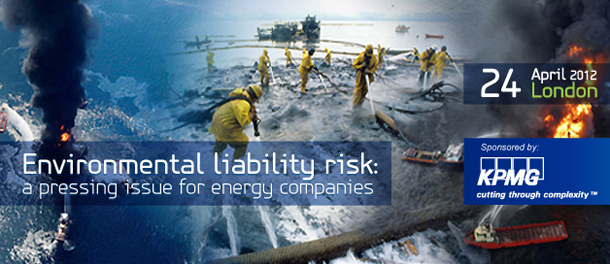
































































































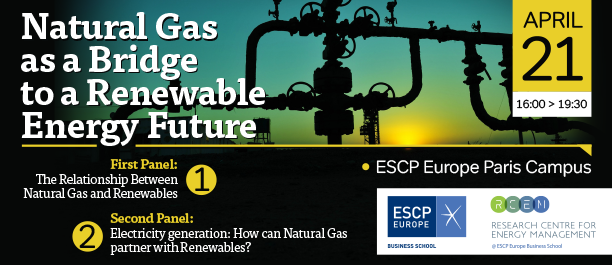
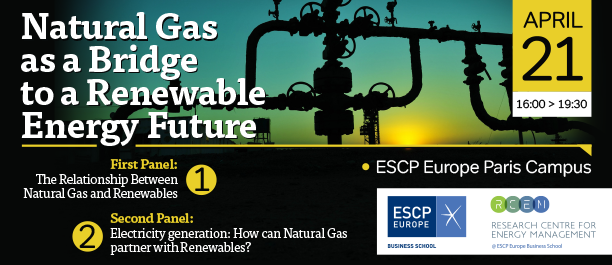
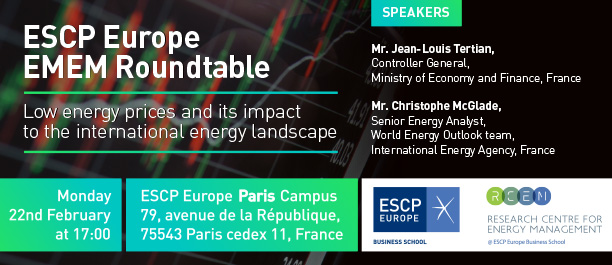









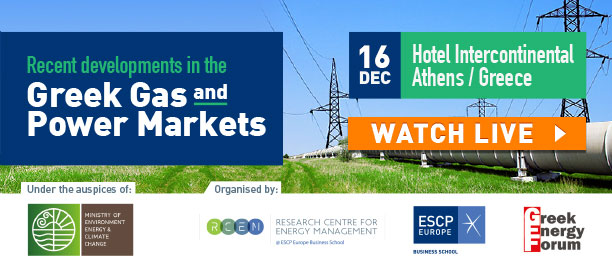



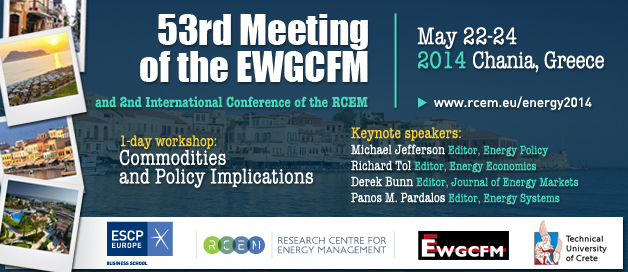
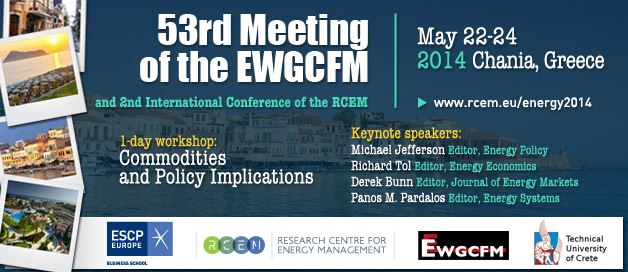


















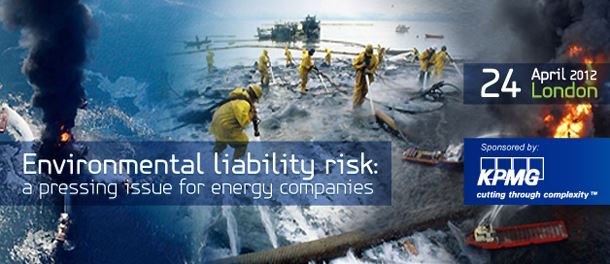


 Facebook
Facebook Linkedin
Linkedin Instagram
Instagram Youtube
Youtube EMC Newsletter
EMC Newsletter







